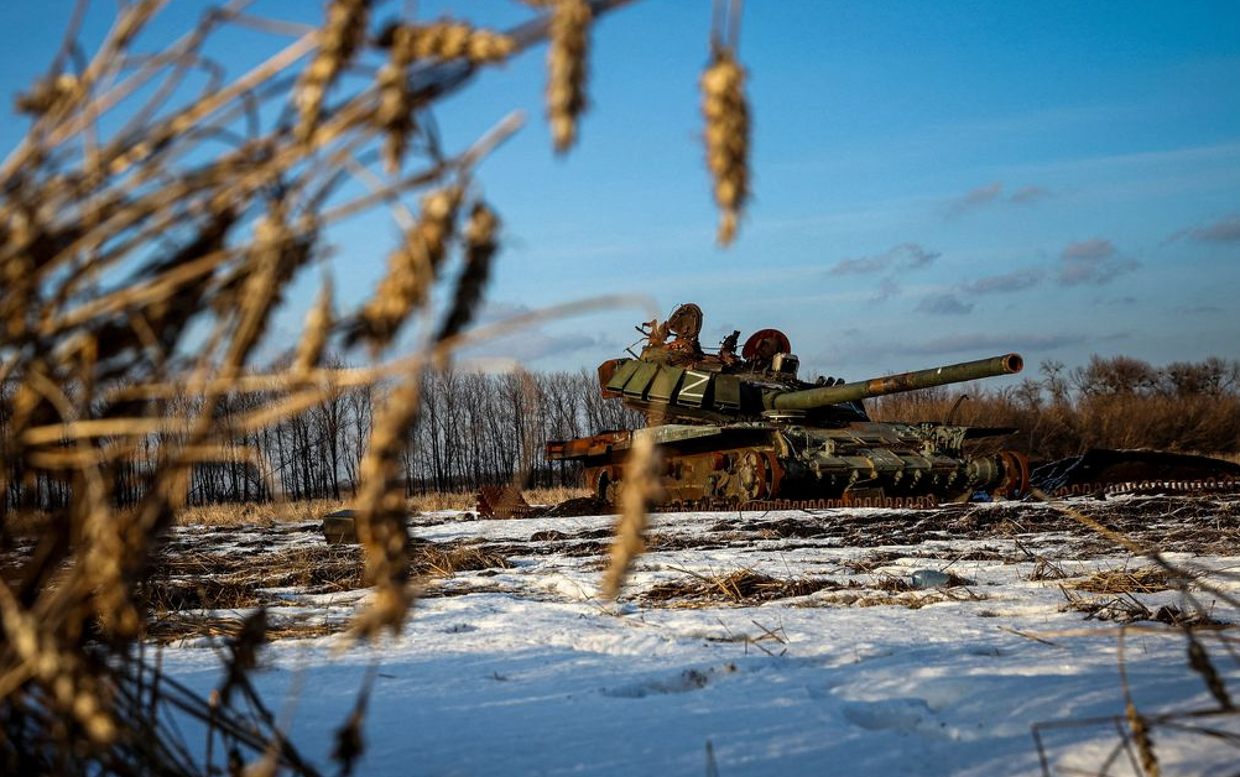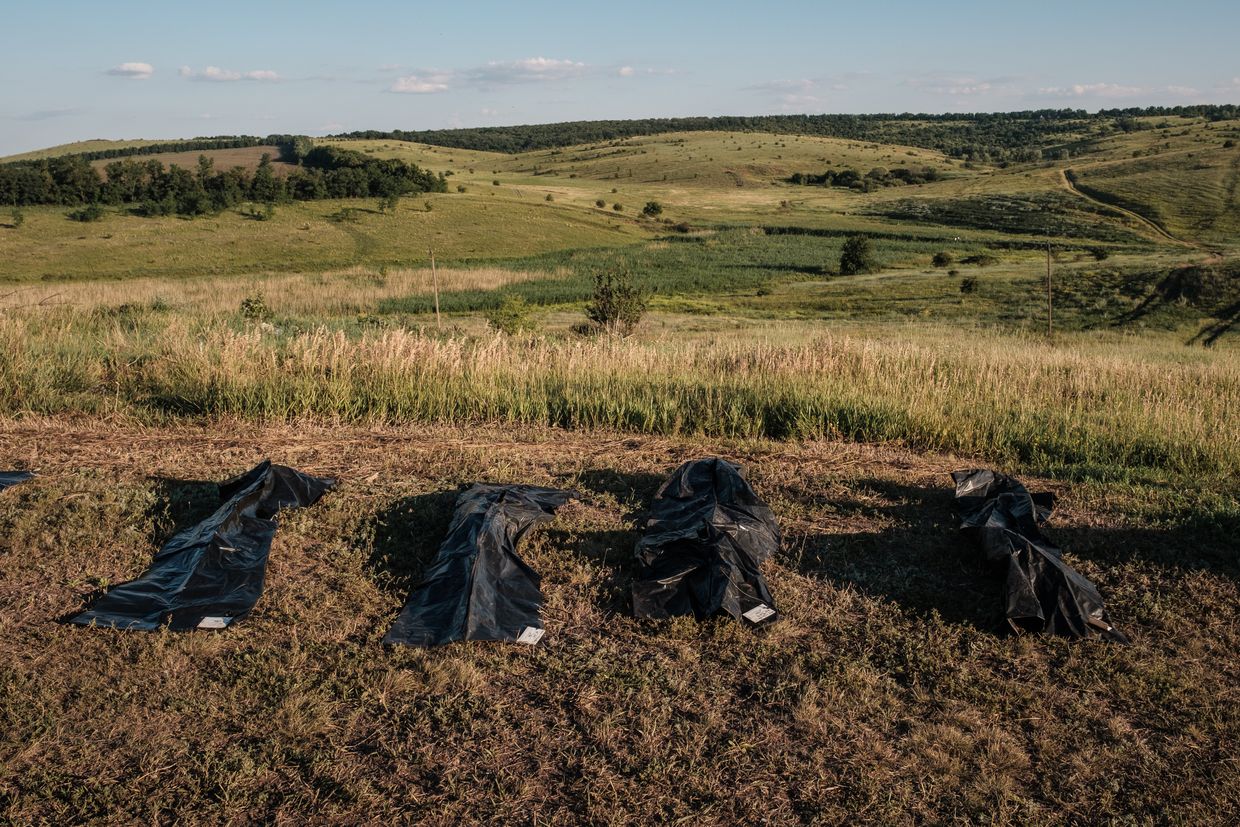Russian personnel and materiel losses in Ukraine are so high the Kremlin is having "serious problems" recruiting new contract soldiers, and is relying on decommissioning Soviet-era weapons as it can't produce enough modern versions, Ukraine's military intelligence (HUR) spokesperson said on July 26.
Speaking on national TV, Andrii Yusov said the situation will soon have an impact on the frontline situation and Russia's ability to effectively wage war.
Russian losses in Ukraine reached "conflict highs" during May and June, the U.K. Defense Ministry reported on July 12.
In an intelligence report on X, the ministry said average daily Russian casualties – both killed and wounded – reached 1,262 and 1,163 in the two months, respectively.
On July 18, President Volodymyr Zelensky said in an interview with the BBC that around 20,000 Russian troops were killed during Russia's failed offensive in Kharkiv Oblast.
"They can replenish these losses," Yusov said, adding: "But there are already serious problems with the recruitment of new contract soldiers.
"The aggressor state is coming up with new incentives at various levels to attract new cannon fodder. But this machine is starting to malfunction."
As Russia has sought to replenish its military, decimated by high losses in Ukraine, authorities have implemented financial perks to incentivize enlistment.
Moscow Mayor Sergey Sobyanin signed a decree on July 23 establishing a one-time signing bonus of 1.9 million rubles ($21,200) for city residents who join the military.
While other regional authorities have also instituted signing bonuses, such as 1 million rubles ($11,200) in Krasnodar Krai and 500,000 rubles ($5,600) in Dagestan, the Moscow signing bonus appears to be the highest reported so far.
With the addition of the signing bonus, a Moscow resident who enlists in the army will make over 5.2 million rubles ($58,600) over the course of their first year in service, Sobyanin's office said.
In terms of military equipment, Yusov said Russia's high losses mean it is now "mainly focused on the decommissioning and modernisation of old Soviet weapons."
"There are problems with the production of new equipment, in particular, because of the sanctions policy," he said.
"Access to modern electronic systems, optics, communication systems – the enemy still has significant problems with all this."
Russian equipment losses in Ukraine last month passed another milestone, with the total number of tanks claimed as destroyed by Kyiv passing the 8,000 mark.
As of July 26, the figure stands at 8,320, according to the General Staff of Ukraine's Armed Forces.
At the start of the full-scale invasion, Russia was estimated to have around 3,300 operational tanks, suggesting that all those that initially drove into Ukraine and then some, have been taken out over the course of two-and-a-half years.
At the beginning of its full-scale invasion, Russia had around 3,330 operational tanks, according to the Military Balance 2021 database.
The database included all tank types then employed by Russia’s military, notably T-72s, T-80s, and T-90s, and their modifications.
While most of that force has now been destroyed, Russia had thousands of tanks in storage which it has been forced to use as the war dragged on far beyond what the Kremlin initially envisaged.














